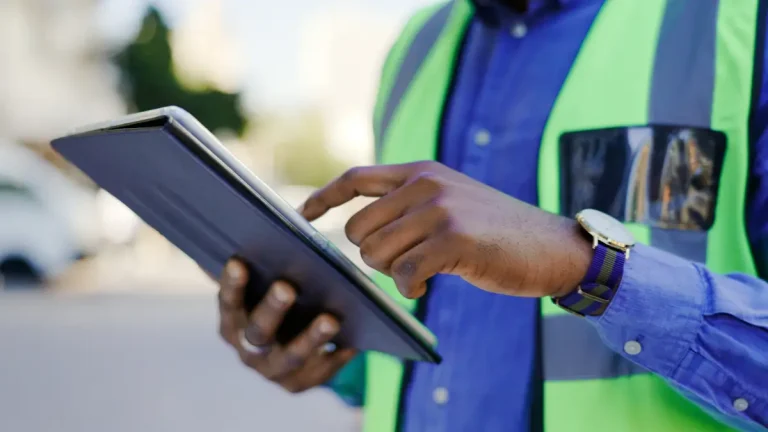Why Tourism Compliance Matters
Tourism drives Gauteng’s growth, pulling in millions of visitors every year to heritage sites, cultural landmarks, and township attractions. But the industry’s future depends on trust, safety, and strict compliance with regulations.
Thank you for reading this post, don't forget to subscribe!The Gauteng Department of Community Safety (GDCS), the Department of Economic Development, and the Gauteng Tourism Authority (GTA) will lead a compliance inspection in Soweto. The focus will fall on the Vilakazi Precinct, the Hector Pieterson Museum, and Lebo’s Backpackers — sites that consistently rank at the top of tourists’ must-visit lists.
Officials stress that this is not policing for its own sake. It’s about protecting Gauteng’s reputation as a safe and competitive tourism hub.
What the Inspection Will Cover
Inspectors will check whether tour guides are registered with the Gauteng Tourism Authority. Registered guides carry an official badge and identity card that tourists can use to confirm authenticity.
Tour operators will be asked to present valid operating permits, which guarantee passenger safety, proper insurance, and compliance with South African road and transport laws.
A pre-briefing session will take place before the inspection, and a team of around 15 officials will join GTA on the ground.
The Problem of Illegal Guiding
Illegal guiding remains a major issue in Gauteng, particularly in high-traffic areas like Soweto and Sandton. Some individuals guide without realising that registration is a legal requirement. Others deliberately bypass the system to avoid costs and training.
“Tourists deserve genuine and safe experiences,” said Ntando Khumalo from GDCS. “When guides or operators ignore the law, visitors risk being misled or even endangered. That damages our reputation just as much as crime or poor infrastructure.”
The urgency grows with major events like the 2026 G20 Summit approaching. With Soweto, Sandton, and central Johannesburg set to host thousands of international delegates and journalists, Gauteng must prove that its tourism industry is both professional and safe.
Soweto’s Role in Tourism
Soweto remains one of South Africa’s top cultural destinations. Visitors walk Vilakazi Street, once home to Nobel laureates Nelson Mandela and Desmond Tutu. The Hector Pieterson Museum offers powerful insight into the 1976 student uprising, while Lebo’s Backpackers connects travellers with the township through bicycle and tuk-tuk tours.
Enforcing compliance here is not red tape — it’s a way to protect South Africa’s living history. By curbing illegal guiding and monitoring operators, GTA aims to shield both visitors and legitimate businesses, ensuring Soweto remains a destination that is safe, welcoming, and proudly South African.
The Road Ahead
The Soweto inspection forms part of a broader quality assurance strategy. Further inspections across the province are to be expected.
Officials note that these inspections combine enforcement with education. “Some guides don’t even know they must register,” Motsileng explained. “We use these visits to raise awareness, and in many cases, we help individuals begin the registration process.”
A Positive Call to Action
Tourism compliance is a shared responsibility. Here’s how Gauteng can play its part:
- Tour guides: Register with GTA and carry your badge and ID at all times.
- Tour operators: Keep permits valid and ready for inspection.
- Communities: Report illegal guiding or unsafe operators.
- Visitors: Ask to see guide badges, choose registered operators, and prioritise safety.
The Bigger Picture
Soweto’s compliance inspection is about more than checking paperwork. It represents Gauteng’s commitment to making tourism safe, credible, and world-class. By blending regulation with support, the province can ensure that its tourism sector grows inclusively — protecting visitors, empowering guides, and building stronger communities.
Your turn, Gauteng: Support registered guides, choose ethical operators, and demand safe, compliant tourism. Together we can keep our province welcoming, competitive, and ready to shine on the world stage.




